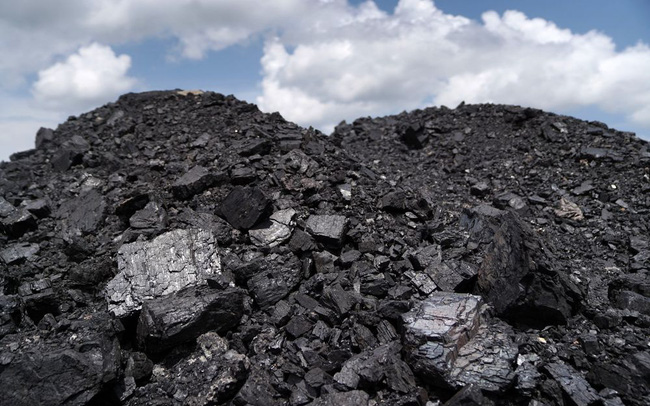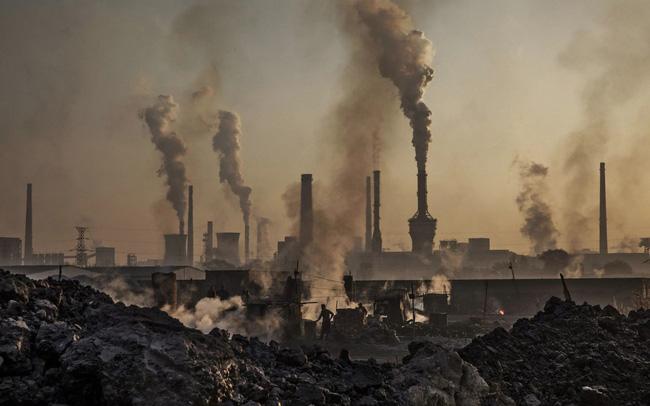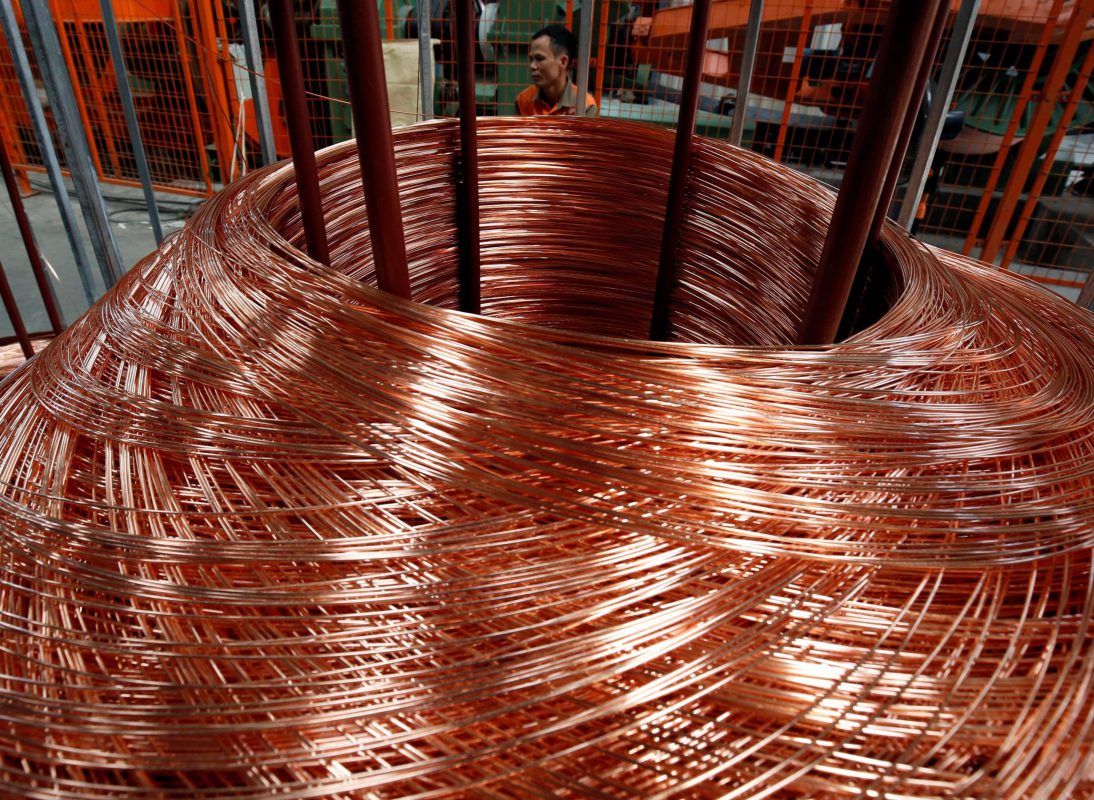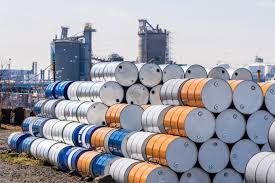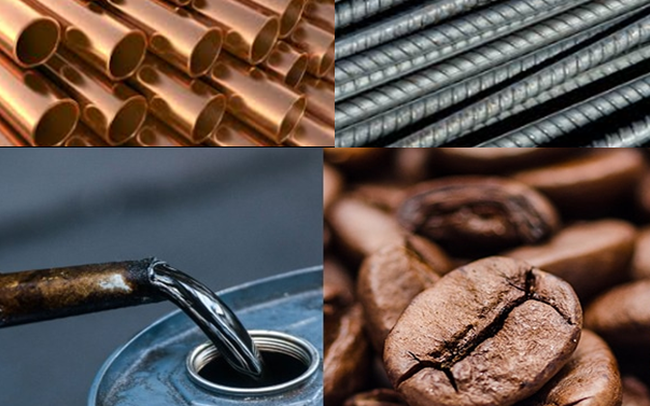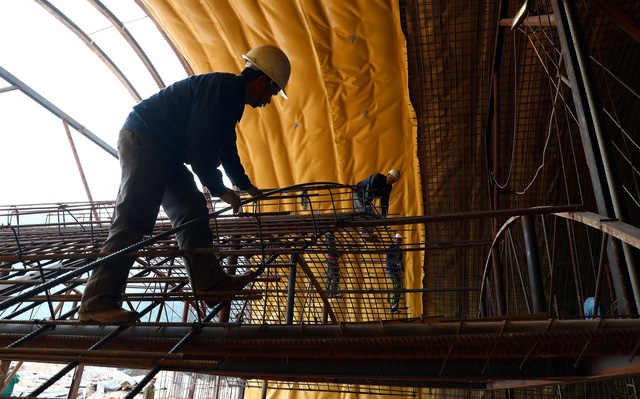Concerns about the rapid spread of the Omicron mutation caused a series of commodities from oil, gold, aluminum, and rubber to simultaneously decrease, while coal and coffee prices increased.
Oil prices fall
Oil prices fell after the International Energy Agency said the Omicron strain dampened the recovery in global demand.
US data showing producer prices to an 11-year high confirm expectations the Fed will cut stimulus more quickly at its meeting this week. This supported the USD and put pressure on oil prices.
Closing session on December 14, Brent fell 69 US cents or 0.9% to $73.7 per barrel, WTI fell 56 US cents or 0.8% to $70.73 per barrel.
On December 14, the World Health Organization said the Omicron variant was spreading at an unprecedented rate, sending markets down. Governments around the world, most recently the UK and Norway, have tightened restrictions to stop the spread of the Omicron strain.
The IEA has slashed its oil demand forecast for this year and next by 100,000 bpd, mainly due to its anticipation of an impact on jet fuel demand from new travel restrictions.
The Asian Development Bank has lowered its growth forecast for developing Asian countries this year and next reflecting risks and uncertainties posed by the Omicron variant, which also hampers oil demand. .
Gold down nearly 1%
Gold prices fell nearly 1% after rising U.S. producer prices sparked expectations of an earlier-than-expected rate hike ahead of the Federal Reserve’s two-day meeting.
Spot gold fell 0.9 percent to $1,771.66 an ounce. US gold futures for February 2022 closed down 0.9% at $1,772.3 an ounce.
US producer prices rose more than expected in November, as supply constraints persisted, supporting the view that inflation is likely to remain high for a long time.
An uptrend in interest rates drives up government bond yields, increasing the cost of holding gold.
The Fed will begin its two-day monetary policy meeting, expected to announce that it will end its stimulus program earlier than previously reported, potentially setting interest rates earlier in the day. next year.
Aluminum prices fall
Aluminum prices fell after inventories at the LME exchange increased, although the decline was limited by strong demand and tight supply in China.
Aluminum on the LME exchange fell 1.1% to $2,626 a tonne, reversing an upward trend that sent prices to their highest since December 2 at $2,665.25 a tonne.
China’s supplies could increase if the government puts growth ahead of the environment, but not enough to ease the shortage significantly.
Aluminum prices have fallen 18% since hitting a 13-year high at $3,229 a tonne in October. Aluminum stocks rose 67,750 tons to 977,400 tons.
Worries about easing aluminum supplies in the LME market also narrowed the spot metal’s spread on the 3-month futures contract to $2.50/ton from $16.2/ton at the close. previous session.
China’s aluminum output fell this year because of power shortages and restrictions on heavily polluting industries.
Coal prices in Dalian rise
China’s coking coal and coking coal rose on supply concerns as imports of these materials remained relatively low.
The price of coking coal for delivery in May 2022 on the Dalian Commodity Exchange rose about 6.2% to 2,077 CNY (US$326.34)/ton, closing up only 3% to CNY 2,015/ton. Coke rose 2.1% to 2,968 CNY/ton.
Iron ore decrease
Iron ore closed down 0.6% at 651 CNY/ton, retreating after gaining 3.5% in the morning session.
Spot iron ore price with 62% Fe content exported to China increased by 7 USD to 115 USD/ton on December 13.
Steel prices on the Shanghai exchange rose in the morning as Beijing’s recent stance and monetary policy raised hopes of steel demand recovering in the first half of 2022.
Bar steel increased 0.8% to 4,382 CNY/ton. Hot rolled coil closed up 1.7% to 4,550 CNY/ton. Stainless steel for January delivery in January 2022 increased 1.8% to 16,025 CNY/ton.
Japanese rubber fell
Japanese rubber fell, reversing the previous session’s gains, as concerns about the spread of the Omicron strain persisted while worries about slowing auto production amid a shortage of chips and components.
The May 2022 rubber contract on the Osaka exchange fell 1.5 yen, or 0.6%, to 235.3 yen ($2.1) per kg, after gaining more than 3% in the previous session.
Toyota Motor Corporation said it would extend shutdowns at some plants in Japan due to a shortage of components from factories in Southeast Asia, where production has been disrupted by the Covid-19 lockdown. .
T&G International Joint Stock Company
Address: 352 Hue Street, Le Dai Hanh Ward, Hai Ba Trung District, Hanoi
Hotline: 0345786803
Email: hrm@tginterjsc.com
Website: http://tginternationaljsc.com



